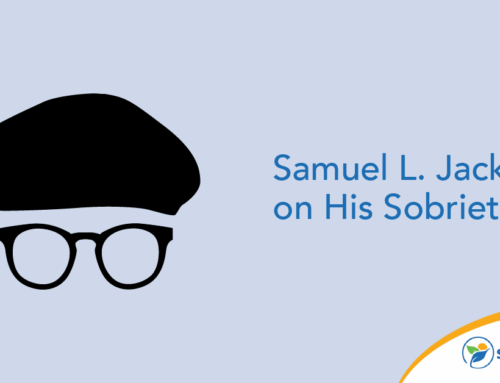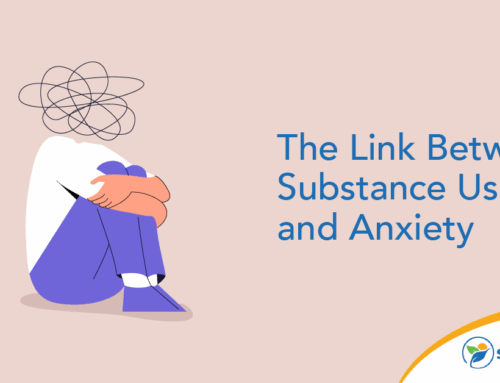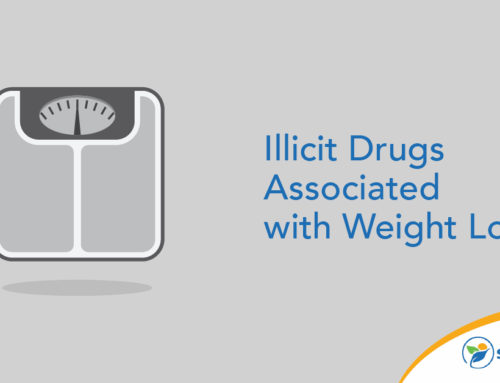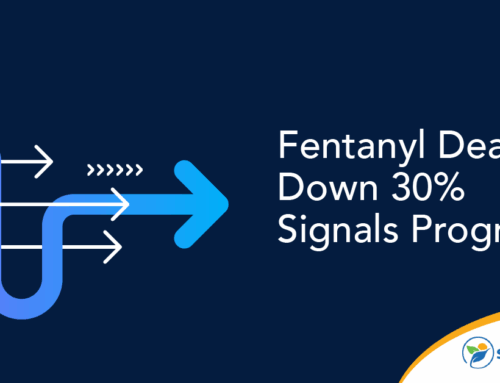Cocaine is a highly addictive, illegal drug, but it can be popular and seen as socially acceptable among high-income professionals. Social cocaine use is common, and an estimated 1.9 million Americans use the drug. Unfortunately, although it’s perceived as being a safer alternative to heroin, it’s still a dangerous substance. Cocaine is involved in almost 20% of all overdose deaths. Fortunately, help is available for those who are wondering how to stop doing cocaine.
Why Getting Clean Matters
Cocaine may not have quite the same risk of overdose as some other drugs, but it is possible to overdose on it. In addition, it’s becoming increasingly common for drug dealers to adulterate cocaine with fentanyl, which increases the chances of an accidental overdose.
Cocaine abuse can have a negative effect on a person’s life. It can cause:
- Erratic behavior
- Paranoia
- Weight loss
- Difficulty sleeping
- Overconfidence
- Financial issues
- Damage to relationships
Why Cocaine Is Hard to Stop Using
There are many factors that make it hard for people to stop taking cocaine. Firstly, there are biological factors. Cocaine’s high comes from a buildup of dopamine. The dopamine acts on a specific part of the limbic system known as the nucleus accumbens, causing feelings of intense pleasure. It’s thought that repeated exposure to these levels of dopamine causes the brain to associate certain environments or events with cocaine to such a powerful level that the desire to take the drug becomes a compulsion.
Cocaine use causes changes to cells in the nucleus accumbens, too. These changes can account for short-term cravings but not for long-term cravings or relapses. Researchers are still studying the long-term effects of cocaine on the body, and it’s thought that changes in the hippocampus and amygdala may be the cause of long-term cravings.
Biological factors are just one part of the equation. Social pressures also make it difficult to quit cocaine. Many people who are struggling with substance addiction are able to beat the biological side of the cravings if they visit a rehab facility, yet they relapse once they’re back around their friends and family. Someone who works in an industry where cocaine use is common or socializes with people who still indulge may find themselves struggling to say “no” when offered the drug.
Because cocaine is perceived as being less harmful than meth and is even more socially acceptable than traditional cigarettes in some circles, those who choose not to indulge may be ridiculed rather than supported. This makes quitting take even more willpower.
How to Stop Doing Cocaine:
1. The Need for Change Comes From Within
If you’ve started looking for information on how to stop taking coke, you’ve made the first and most important step. To quit cocaine or any other drug, you have to first want to make that change. Even with support, quitting cocaine is a challenge. That challenge is easier to face when you actively want to embrace a healthier lifestyle. Consider how your cocaine use is impacting your life and how much better your life will be when you’re not spending time and mental energy on your addiction.
2. Work With Rehab Professionals to Beat the Addiction
In the past, people would try to beat cocaine addiction by quitting cold turkey. This is a difficult way to break a habit. Today, there’s far more support available for people who are struggling with drug addiction. Centers such as Sunlight Recovery can help you stop using cocaine in a safe and controlled manner. Trained medical staff is available to offer support with the physical side effects of stopping cocaine, while counselors and other professionals can help with the mental aspects and equip you with the tools you need to go back to normal life without a relapse.
3. Find a Support Network
Think about your friends and family. Do you have people you trust and can talk to that will support you in your efforts to quit cocaine? Ask those people to check in with you regularly, hold you accountable and give you a helping hand if you know you’re going to be in situations where it might be difficult to avoid being around drug use.
4. Form New Habits
Many people who are actively using cocaine or other drugs put so much time and money into their drug addiction that they leave their hobbies behind. When you stop taking cocaine, you’ll find you have more free time and money. It’s natural to feel bored and directionless at first, so filling that free time is essential. Finding new hobbies will give you a chance to make new social connections and find a fresh sense of purpose. When you have something to focus your energies on and look forward to, it becomes easier to form productive new habits and make drug use nothing more than a part of your history.
5. Avoid Situations Where You Might Want to Indulge
Rather than doing coke alone, it’s more common for people to indulge in social environments. If cocaine is a big part of socializing for your friends or colleagues, you may need to avoid spending time with them for a while. It may not be easy to distance yourself from people you were once close to, but doing so is important for your well-being. With luck, it will set an example for others as well and help them on the road to a drug-free lifestyle.
Getting the Help You Need to Quit Cocaine
Reading about how to stop doing cocaine is one thing, but actually quitting can be much harder. The best way to quit cocaine is with the help of recovery experts. Working with trained medical professionals and therapists who understand the challenges of detoxing will set you up to be successful in your efforts. There’s no need to face these challenges alone.
If you’re struggling with the question of how to stop cocaine, call Sunlight Recovery today, Our counselors and medical professionals offer both inpatient and outpatient care to help you start the next chapter of your life and break free from addiction.







